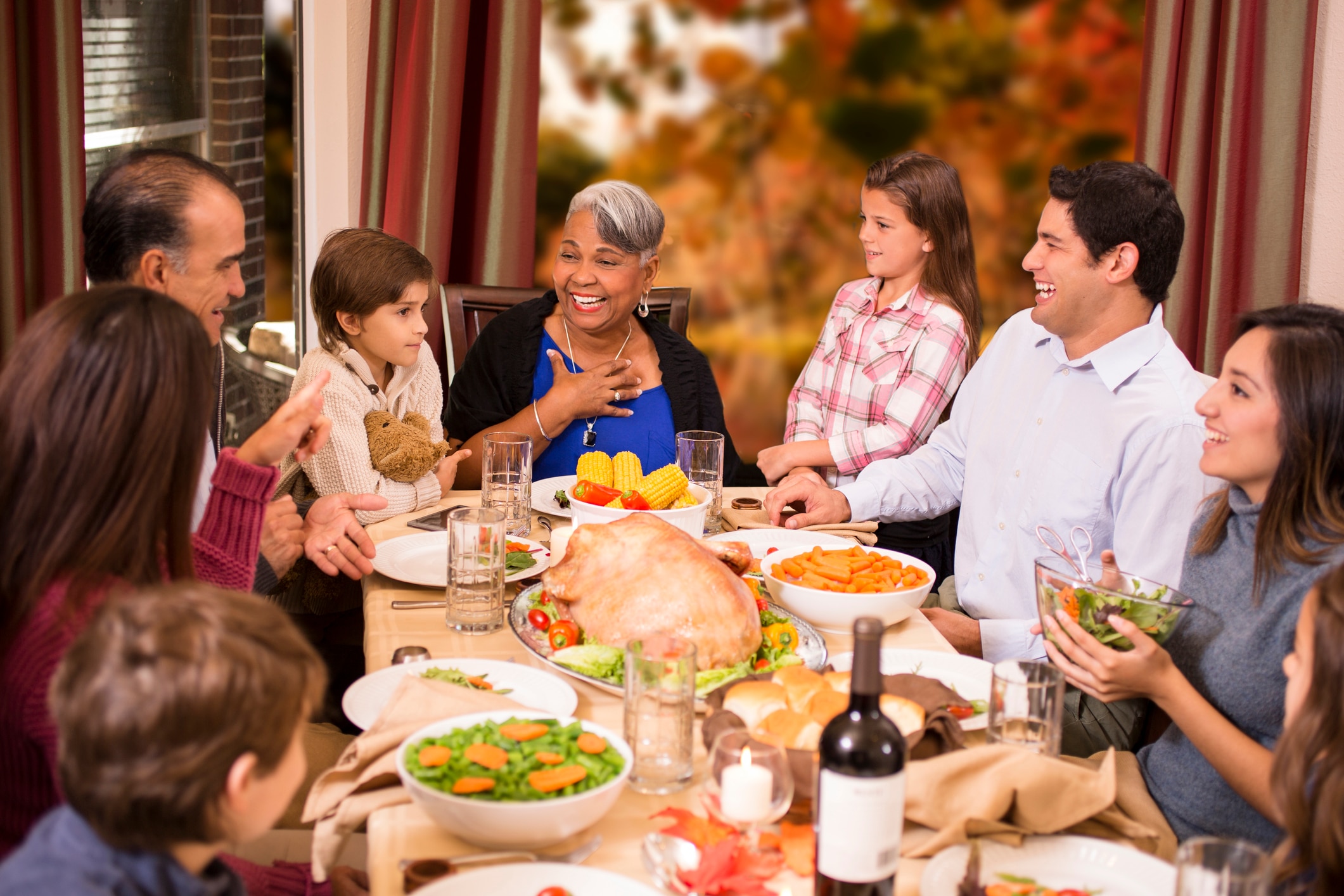
May is Older Americans Month, when the nation recognizes the contributions of its older citizens. It’s also a good time to think about things older Americans can do to help maintain their health and vitality. Among these are the fairly easy steps older adults can take to avoid foodborne illness.
When disease-causing bacteria, viruses, or parasites contaminate food, they can cause foodborne illness, often called food poisoning. While the food supply in the United States is among the safest in the world, it can still be a source of infection.
According to the Centers for Disease Control and Prevention, 48 million persons — or 1 of every 6 people get foodborne infections each year. Of those, 128,000 are hospitalized, and 3,000 die from their foodborne illness. People who have a weakened immune system have a higher risk for food poisoning. They are more likely to have a lengthier illness, undergo hospitalization, or die as a result of foodborne disease.
People 65 and older are at a high risk from foodborne illness. This increased risk is because organs and body systems change as the body ages:
- Beginning around age 60, the immune system begins to decline. A network of cells, tissues, and organs spread throughout the body, the immune system is vital for health because it defends the body against infectious organisms and other invaders. When a healthy immune system senses disease-causing organisms and other substances that invade the body, it responds to fight them off.
- The digestive system holds food longer, allowing bacteria to grow while the stomach may not produce enough acid to limit the number of intestinal bacteria.
- The liver and kidneys may not properly rid the body of foreign bacteria and toxins.
- Many older adults have chronic conditions that result in further weakening of the immune system.
Reduce Your Risk
Practice the four basics of food safety to reduce your risk.
Clean — Wash Hands, Utensils, and Surfaces Often
- Use plain soap and water—skip the antibacterial soap—and scrub the backs of your hands, between your fingers, and under your nails for at least 20 seconds.
Separate — Don’t Cross Contaminate
- Keep produce and any other foods that won’t be cooked away from the juices of raw meat, poultry, seafood, and eggs.
- Food is safely cooked when the internal temperature is high enough to kill germs that can make you sick
Chill — Refrigerate and Freeze Food Properly
- Refrigerate perishable foods within 2 hours.
Make Wise Food Choices
Select lower risk options to avoid foodborne illness.
| Type of Food | Higher Risk | Lower Risk |
|---|---|---|
| Meat and Poultry | Raw or undercooked meat or poultry | Meat or poultry cooked to a safe minimum cooking temperature |
Seafood Tip: Use a food thermometer to check the internal temperature. See the Safe Minimum Cooking Temperatures | Any raw or undercooked fish, or shellfish, or food containing raw or undercooked seafood, e.g., sashimi, found in some sushi or ceviche Refrigerated smoked fish Partially cooked seafood, such as shrimp, and crab | Previously cooked seafood heated to 165°F (74°C) Canned fish and seafood Seafood cooked to 145°F (63°C) |
| Milk | Unpasteurized (raw) milk | Pasteurized milk |
Eggs Tip: Pre-made foods from grocery stores, such as Caesar dressing, cookie dough, or eggnog that say made with pasteurized eggs / pasteurized egg products are lower risk | Foods that contain raw / undercooked eggs, such as:
| At home:
When eating out:
|
| Sprouts | Raw sprouts (alfalfa, bean, or any other sprout) | Cooked sprouts |
| Vegetables | Unwashed fresh vegetables, including lettuce/ salads | Washed fresh vegetables, including salads Cooked vegetables |
| Cheese |
|
|
Hot Dogs and Deli Meats Tip: Reheat hot dogs, deli meats, and luncheon meats before eating them be- cause Listeria monocytogenes bacteria grow at refrigerated temperatures (40ºF (4ºC) or below). These bacteria may cause severe illness, hospitalization, or even death. Reheating these foods until they are steaming hot destroys these dangerous bacteria and makes these foods safe for you to eat. | Hot dogs, deli, and luncheon meats that have not been reheated | Hot dogs, luncheon meats, and deli meats reheated to steaming hot or 165°F (74°C) |
| Pâtés | Unpasteurized, refrigerated pâtés or meat spreads | Canned or shelf-stable pâtés or meat spreads |
For more information see Food Safety for Older Adults

